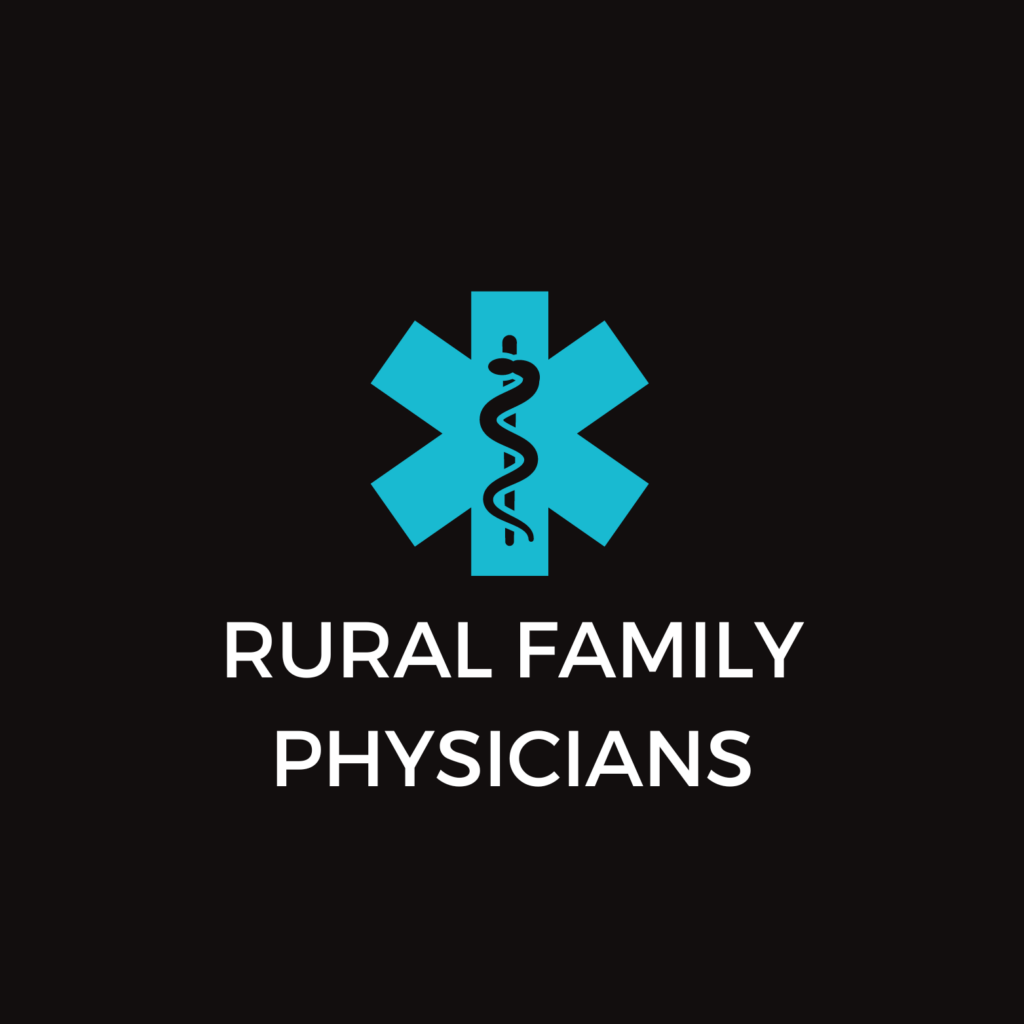Mental Health and Rural America
 I’m saddened that over this past week we experienced a loss in the musical world, Chester Bennington, singer for Linkin Park. Unfortunately, Chester committed suicide and if you listen to the words of some of their songs, you can hear his struggle. Everyday, someone commits suicide and we need to get a handle on mental health in America.
I’m saddened that over this past week we experienced a loss in the musical world, Chester Bennington, singer for Linkin Park. Unfortunately, Chester committed suicide and if you listen to the words of some of their songs, you can hear his struggle. Everyday, someone commits suicide and we need to get a handle on mental health in America.
“Recent estimates by the Centers for Disease Control and Prevention show that approximately 25% of adults nationwide have a mental illness or diagnosable mental disorder and close to one-half of all U.S. adults will at some point experience at least one mental illness in their lifetime. Another study indicates that at least 15 million rural residents struggle with significant substance dependence, mental illness, and medical-psychiatric comorbid conditions. The Department of Health and Human Services (DHHS) estimates that approximately 20% of rural residents aged 55 and older have a mental disorder and rural communities report significantly higher suicide rates than urban areas for both adults and children.”
Unfortunately, these statistics hold true for rural Colorado. Rural Coloradans have significantly less access to mental health providers than their urban counterparts, with one provider per 6,008 rural Coloradoans (vs. one provider per 3,601 urban Coloradans). Twelve counties in rural Colorado do not have a licensed psychologist or a licensed social worker. Suicide remains disproportionately higher for rural Coloradoans. The northwest and central mountain regions have significantly higher than state average suicide rates at more than 38 suicide deaths per 100,000 people compared the state average of 25. One death is too many and as the state of Colorado we collectively understand the need for greater access to mental health services.
In December 2014, Colorado was awarded a $65 million Centers for Medicare and Medicaid Services State Innovation Model (SIM) grant to transform the health system by integrating behavioral health and primary care. “The overarching goal of the Colorado SIM is to improve the health of Coloradans by providing access to integrated primary care and behavioral health services in coordinated community systems, with value-based payment structures, for 80 percent of state residents by 2019.” The grant is specifically supporting 400 primary care practices and 1600 providers in community mental health centers. This assistance is aimed to support workflow and data collection to improve population health by “addressing behavioral factors that often impede the management of chronic health problems, especially obesity, smoking and diabetes.”
The SIM Grant has many opportunities for engagement through the seven workgroups: Consumer Engagement, Evaluation, Health Information Technology and Data, Policy, Population Health, Practice Transformation and Service Delivery, and Workforce.
Progress is being made through the SIM Grant and I encourage you to get engaged. For more information visit https://www.colorado.gov/healthinnovation
As you know, CRHC’s iCARE Program assists 55 hospital and clinic teams from 20 rural counties around the state by working together to address shared goals that respond to the needs of their communities. Although the primary aims of the program are to improve readmission rates and care transitions, many of the communities are branching out to improve population health. With the shortage of mental health providers in rural Colorado, using networks such as iCARE as a framework to expand efforts to address mental health will be key. iCARE is an opportunity to share the great work that is happening in your community. By sharing your data, iCARE facilities have demonstrated:
- 2% readmission rate for iCARE participating facilities (vs. 14% for non-iCARE participating facilities and 19% statewide)
- 78% of diabetic patients have good control over blood glucose levels in iCARE participating facilities (vs. 55% for non-iCARE facilities)
These are great successes; diabetes complications account for 31.6% of total readmissions, the cost nationally of readmissions is $4.3 billion and the estimated excess cost of uncoordinated care is $7,340 per patient. CRHC recently received a grant from the Telligen Foundation to assist iCARE communities with creating an action plan to expand the program, this could be an opportunity to address key issues such as mental health.
For more information and resources on mental health and suicide, I encourage you to visit the website for the Substance Abuse and Mental health Services Administration.
Sources:
(Centers for Disease Control and Prevention, 2011)
(Roberts, Battaglia, & Epstein, Frontier ethics: mental health needs and ethical dilemmas in rural communities, 1999)
(Mohatt, Adams, Bradley, & Morris, 2006)
(New Freedom Commission on Mental Health, 2004)



